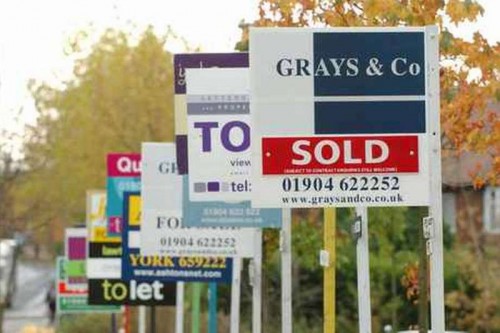Reports indicate that there is a rush to buy after Conservative win pushes asking prices to record…reports Asian Lite popular newspaper among British Asians.
 Asking prices rise 3pc in June to a new record high, reversing May’s pre-election decline. For the six months to June, the housebuilder’s revenues rose 38pc to £333m and the number of customers completing purchases of private housing rose 8pc. In its research n report Rightmove points out that the unexpected political certainty has helped to fuel a post-election price surge, with new seller asking prices rising by an average of nearly £8,500 (+3.0) compared to the previous month.
Asking prices rise 3pc in June to a new record high, reversing May’s pre-election decline. For the six months to June, the housebuilder’s revenues rose 38pc to £333m and the number of customers completing purchases of private housing rose 8pc. In its research n report Rightmove points out that the unexpected political certainty has helped to fuel a post-election price surge, with new seller asking prices rising by an average of nearly £8,500 (+3.0) compared to the previous month.
The average price of property coming to market now stands at a new record high of £294,351, boosted by a near-instantaneous uplift in buyer demand and an unanticipated post-election drop in fresh property supply.
Miles Shipside, Rightmove director and housing market analyst comments:
“Some buyers had been holding back in the weeks before the election, leading to some sellers suffering an unseasonal price standstill in the late spring.
“Agents report that the election surprise has given a boost to market sentiment, driven by more certainty about future economic and taxation policies. While would-be buyers have been able to respond quickly to these events, many potential sellers have so far failed to come to market. This has pushed up some of the asking prices of those properties that have been marketed, meaning that buyers are faced with paying a new average record price high for the more limited choice available. It could be said that this is the price of political certainty.”
The previous asking price record was £286,133 set in April of this year, £8,218 below this month’s record. Pre-election jitters contributed to a small fall of 0.1% in Rightmove’s May index, which has made the size of the rebound in June appear somewhat more dramatic. However, while June’s 3% rise is partly catching up on lost ground from last month’s fall, it is also a reflection of strong housing demand not being matched by suitable supply in many parts of the country.
While the political certainty has given a further boost to buyer activity, the anticipated rise in new seller numbers to help satisfy this demand and temper house price inflation has failed to materialise.
Unfortunately this increase in demand has been met with a tightening in new supply, with the number of properties coming to market down 8.5% on the same period a year ago. Indeed there has been a 3.9% month-on-month fall in new listings, meaning that fewer properties have come to market after the election than before it.
“The new government and other stakeholders now need to urgently deliver more new-build homes, to stop asking prices being pushed up further as demand continues to outstrip supply of suitable homes in many areas,” adds Shipside.